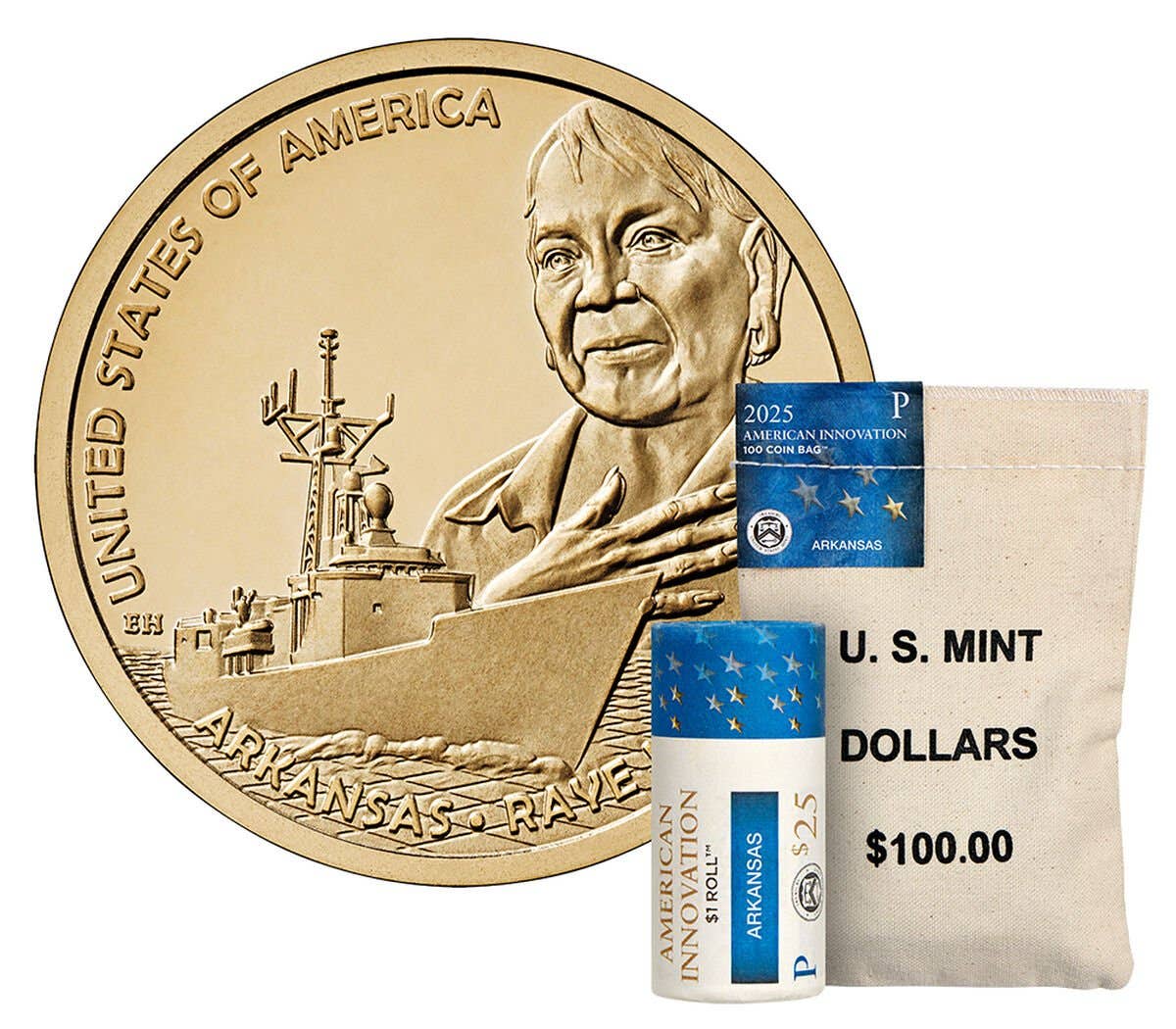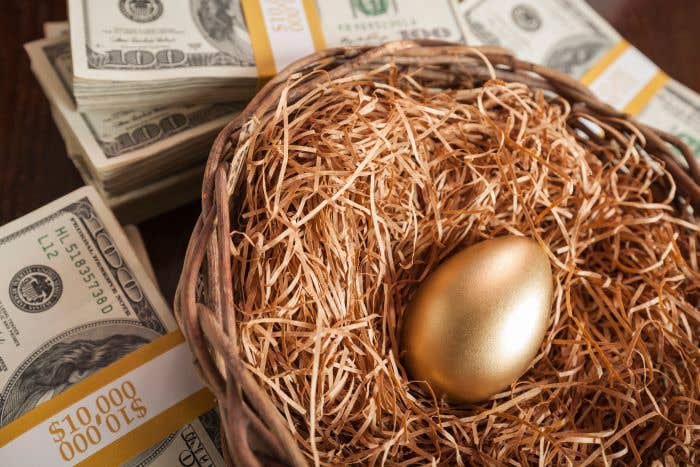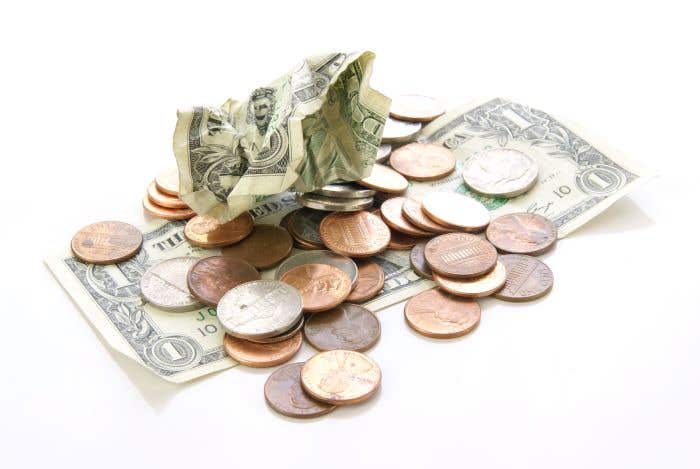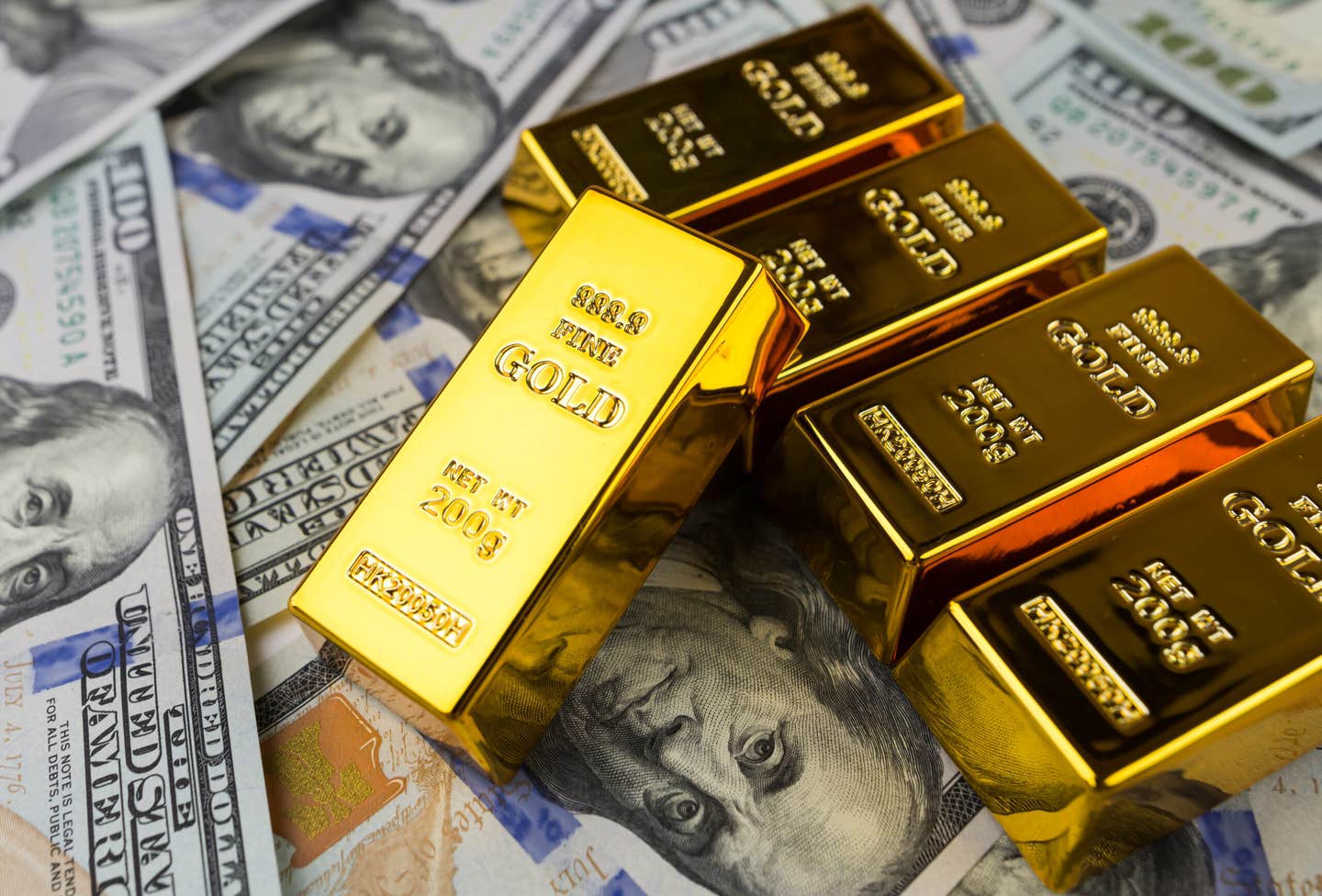Displaying Replicas
From replica coins in museum cases to real-life heists and private vaults, here’s what collectors want to know.
Do museums display genuine coins or their replicas?
Museums and some retail stores occasionally choose to put replicas rather than genuine coins on display. The same is true of jewelry and fine art. Security is one possible reason not to display the real thing. Another, especially in the case of fine art or bank notes, may be to avoid harmful lighting from diminishing the object over time.
What would be a museum-quality replica coin?
In an ideal world, a museum replica would be indistinguishable from the original. Between 1859 and 1931, the British Museum commissioned Robert Cooper Ready and his sons to make thousands of high-quality electrotype coin, medal, and seal replicas for display purposes. With the museum’s permission, the Ready family also sold these replicas to other museums and individual collectors.
Shouldn’t there be ethical questions raised about using replica coins in museum displays?
Museums view using replica coins in displays as being proxies, not fakes. The museums may own the originals, but security is of paramount importance. Should someone want to examine a museum’s coin closely, they should ask permission rather than rely on what they can see through a display case.
Have there been any serious coin thefts at museums in recent years?
There have been several serious thefts at museums in recent years. In 2022, Celtic gold coins were stolen from a German museum; the coins were then melted for their intrinsic value. In 2017, several persons stole a gigantic Canadian 100-kilogram gold Maple Leaf coin from the Bode Museum in Berlin, the coin once again appearing to have been destroyed rather than fenced. In 2024, a Brazilian art student stole a 17th-century English coin from the British Museum, then proceeded to put the coin into a museum donation box.
My bank is no longer offering safe deposit boxes. Is there another institution where I can store my coins?
Private vault companies offer secure storage, including safe deposit box services for storing coins, jewelry, and important documents. These companies are bonded, have enhanced security measures, and offer insurance options. However, they may not necessarily be as convenient to visit as your local bank. For that reason, you might want to consider some form of home safe security.
What should I look for if I choose to use a private vault company to store my coin collection?
The physical and electronic security, the vault environment, access technology and controls, fire detection and suppression equipment, management oversight of the facility, and the company’s institutional technology and controls are all things to consider when using a private vault company to store your collection. Private vault companies are competitive. Get quotes from several to determine which services work best for you.
Email inquiries only. Do not send letters in the mail. Send to Giedroyc@Bright.net. Because of space limitations, we are unable to publish all questions.
You may also like:









